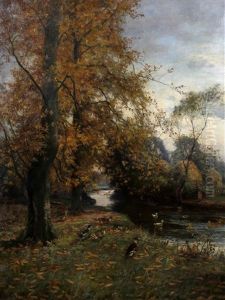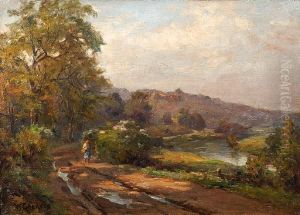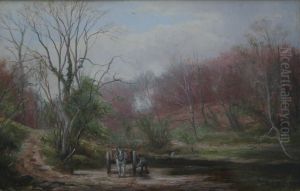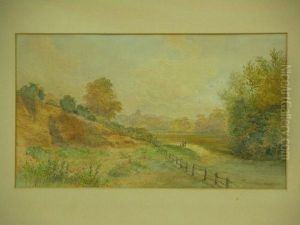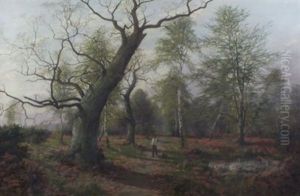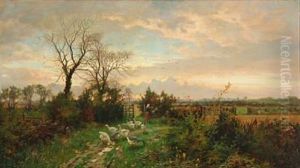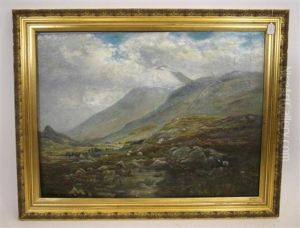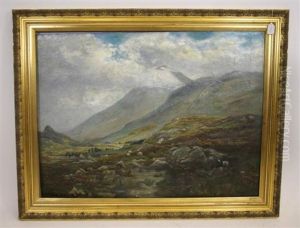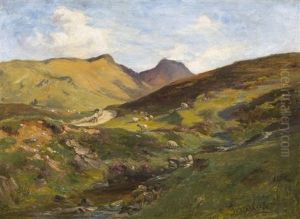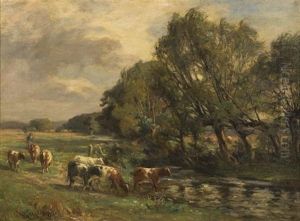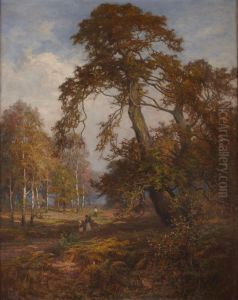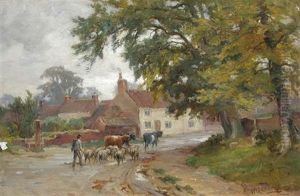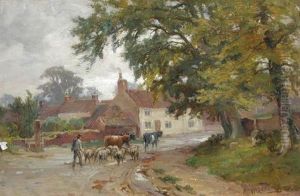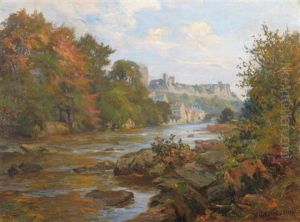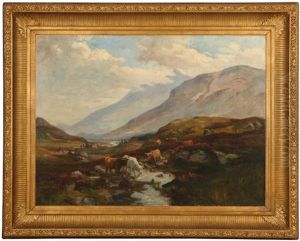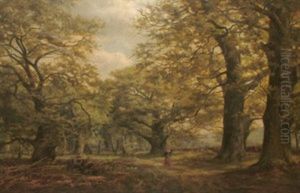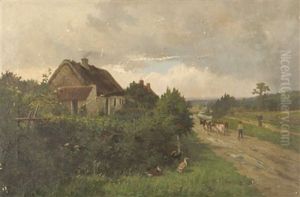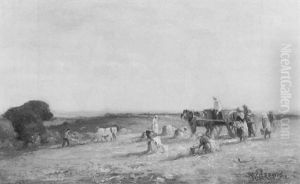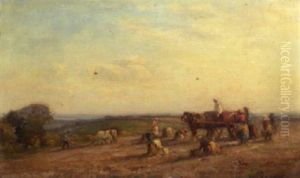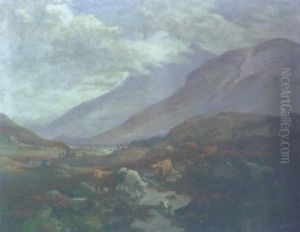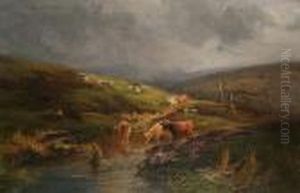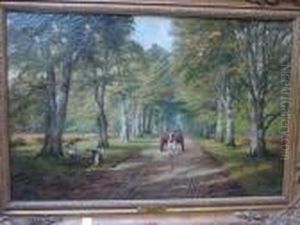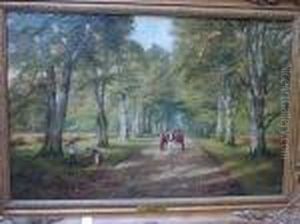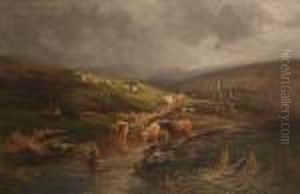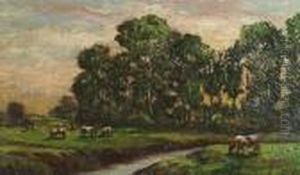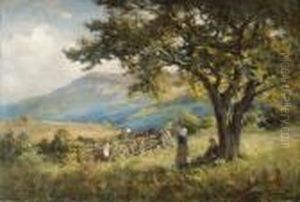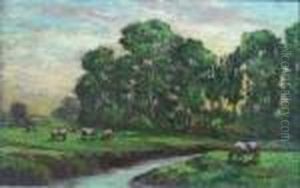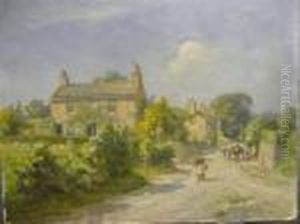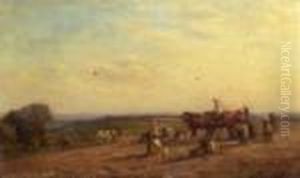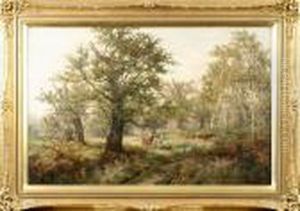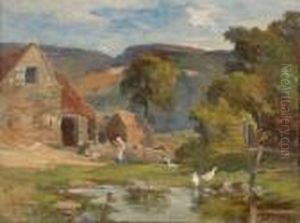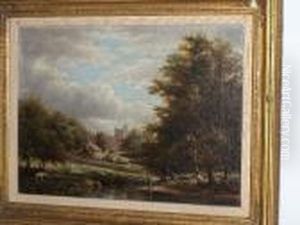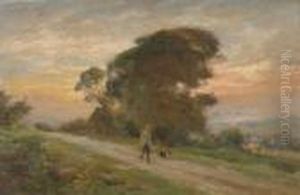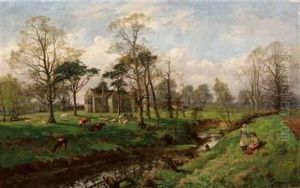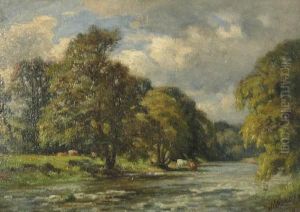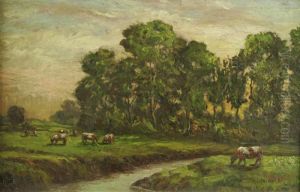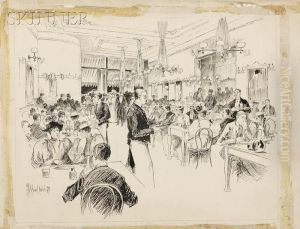William Greaves Paintings
William Greaves was an influential African American filmmaker, actor, and producer, known for his work in documentary filmmaking and for his contributions to the civil rights movement through his art. Born in Harlem, New York City, on October 8, 1926, Greaves initially pursued a career in acting. He studied at the American Negro Theatre and later broadened his training at the Actors Studio, where he honed his craft alongside peers such as Marlon Brando and Sidney Poitier.
Despite early acting success, including appearances on Broadway and in films, Greaves faced the racial barriers of his time, which limited opportunities for black actors. Dissatisfied with the roles available to him, Greaves moved behind the camera. In the 1950s, he traveled to Canada and became a documentary filmmaker, studying at the National Film Board. This period was crucial for his development as a filmmaker, as he learned the art of documentary storytelling and production.
Greaves's work often addressed social issues, particularly the experiences of African Americans. One of his most notable films is 'Symbiopsychotaxiplasm: Take One' (1968), a meta-documentary that layers a film within a film and explores the nature of reality and fiction in cinema. The film was critically acclaimed for its innovative approach and is considered a groundbreaking work in American independent filmmaking.
Throughout his career, Greaves produced and directed more than 200 documentary films. He was also co-founder of the Black Journal (later known as Black Journal), the first major African American news show on public television, which won an Emmy Award during his tenure. Greaves's dedication to education and mentorship in the field of filmmaking was apparent through his teaching and his establishment of the Greaves Documentary Film Institute.
William Greaves passed away on August 25, 2014, in New York City. His legacy endures in the world of documentary film and as a pioneer who paved the way for future generations of African American filmmakers. His contribution to cinema, particularly in the realm of documentary and experimental film, has been celebrated with retrospectives and screenings of his work at prestigious institutions and festivals around the world.
